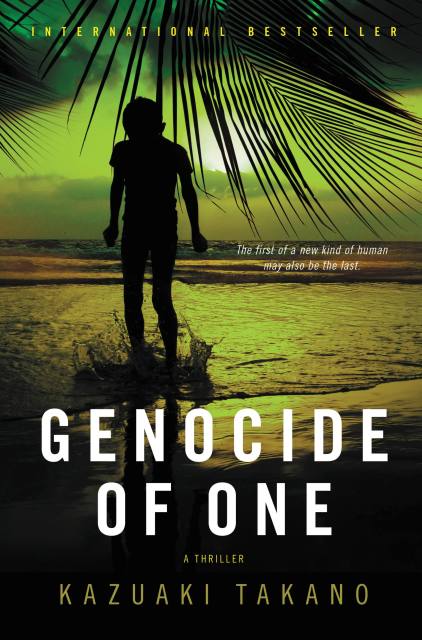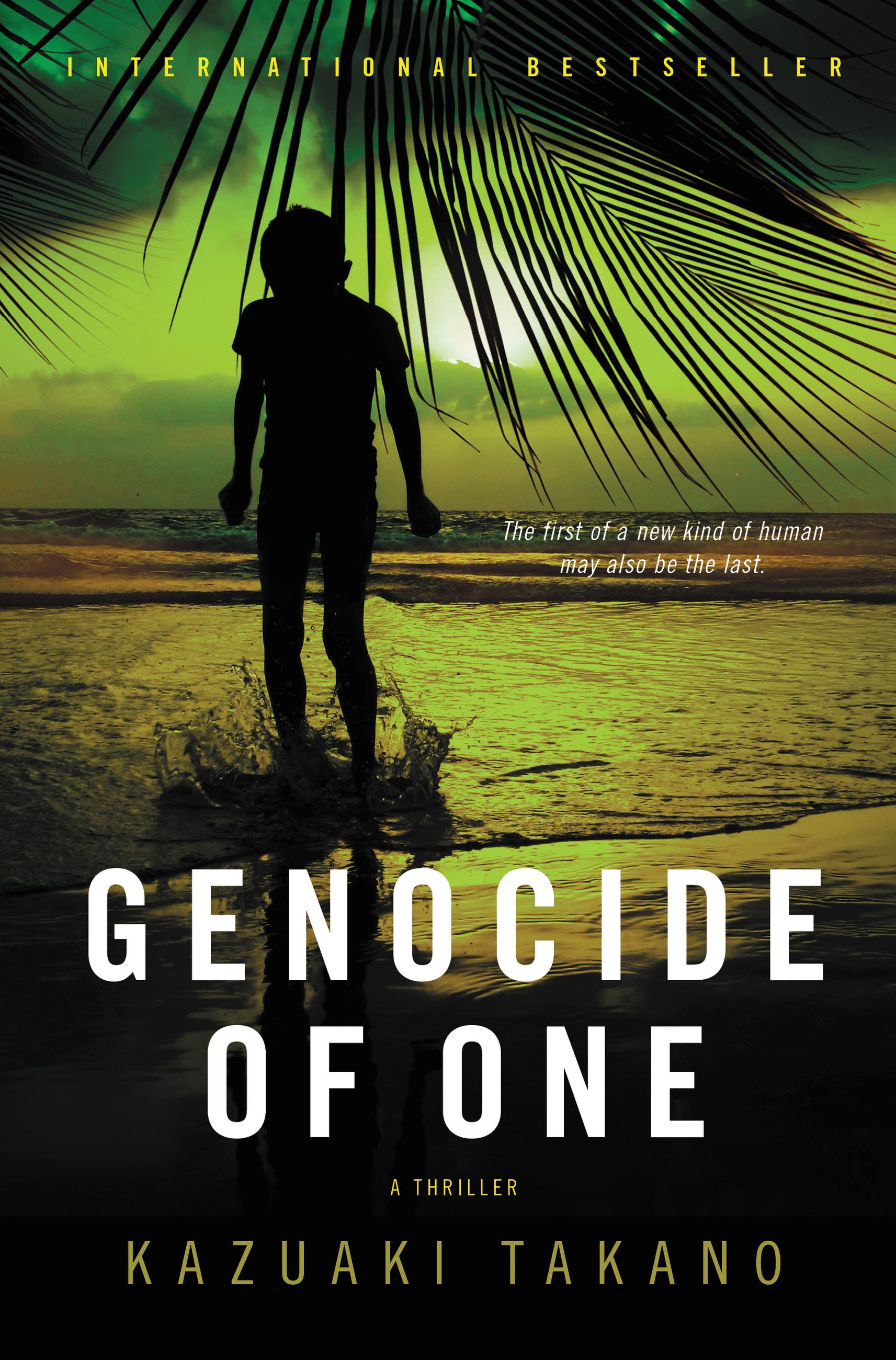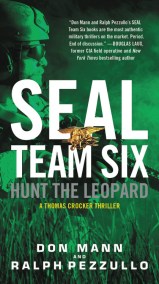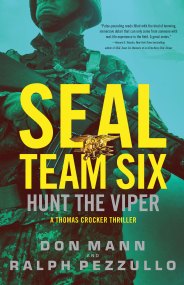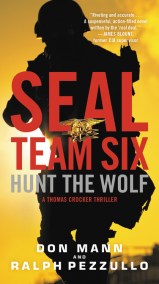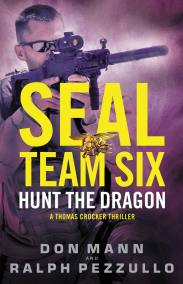Promotion
Use code MOM24 for 20% off site wide + free shipping over $45
Genocide of One
A Thriller
Contributors
Translated by Philip Gabriel
Formats and Prices
Price
$12.99Price
$16.99 CADFormat
Format:
- ebook $12.99 $16.99 CAD
- Hardcover $45.00 $57.00 CAD
- Audiobook Download (Unabridged)
This item is a preorder. Your payment method will be charged immediately, and the product is expected to ship on or around December 2, 2014. This date is subject to change due to shipping delays beyond our control.
Also available from:
The internationally bestselling, award-winning Japanese thriller about a child who may be the future of the human race — or the cause of its extinction.
During a briefing in Washington D.C., the President is informed of a threat to national security: a three-year-old boy named Akili, who is already the smartest being on the planet. Representing the next step in human evolution, Akili can perceive patterns and predict future events better than most supercomputers, and is capable of manipulating grand-scale events like pieces on a chess board. And yet, for all that power, Akili has the emotional maturity of a child — which might make him the most dangerous threat humanity has ever faced.
An American soldier, Jonathan Yeager, leads an international team of elite operatives deep into the heart of the Congolese jungle under Presidential orders to destroy this threat to humanity before Akili’s full potential can be realized. But Yeager has a very sick child, and Akili’s advanced knowledge of all things, medicine included, may be Yeager’s only hope for saving his son’s life. Soon Yeager finds himself caught between following his orders and saving a creature with a hidden agenda, who plans to either save humanity as we know it — or destroy it.
During a briefing in Washington D.C., the President is informed of a threat to national security: a three-year-old boy named Akili, who is already the smartest being on the planet. Representing the next step in human evolution, Akili can perceive patterns and predict future events better than most supercomputers, and is capable of manipulating grand-scale events like pieces on a chess board. And yet, for all that power, Akili has the emotional maturity of a child — which might make him the most dangerous threat humanity has ever faced.
An American soldier, Jonathan Yeager, leads an international team of elite operatives deep into the heart of the Congolese jungle under Presidential orders to destroy this threat to humanity before Akili’s full potential can be realized. But Yeager has a very sick child, and Akili’s advanced knowledge of all things, medicine included, may be Yeager’s only hope for saving his son’s life. Soon Yeager finds himself caught between following his orders and saving a creature with a hidden agenda, who plans to either save humanity as we know it — or destroy it.
Genre:
- On Sale
- Dec 2, 2014
- Page Count
- 512 pages
- Publisher
- Mulholland Books
- ISBN-13
- 9780316226202
Newsletter Signup
By clicking ‘Sign Up,’ I acknowledge that I have read and agree to Hachette Book Group’s Privacy Policy and Terms of Use
